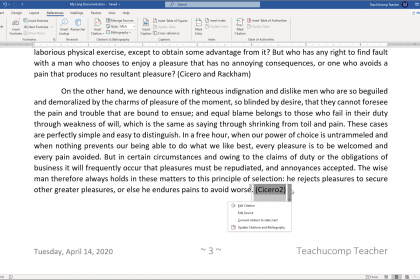


The term is derived from the tribunes, magistrates of the Classical Roman Republic. Private judicial bodies are also often styled "tribunals." The word tribunal, however, is not conclusive of a body's function-for example, in Great Britain, the Employment Appeal Tribunal is a superior court of record. In many (but not all) cases, the word tribunal implies a judicial (or quasi-judicial) body with a lesser degree of formality than a court, in which the normal rules of evidence and procedure may not apply, and whose presiding officers are frequently neither judges, nor magistrates. For example, the International Criminal Tribunal for Rwanda was a body specially constituted under international law in Great Britain, employment tribunals are bodies set up to hear specific employment disputes. įor example, an advocate who appears before a court with a single judge could describe that judge as "their tribunal." Many governmental bodies that are titled as "tribunals" are described so in order to emphasize that they are not courts of normal jurisdiction. Andrew Birrell (after Henry Fuseli), Caractacus at the Tribunal of Claudius at Rome (1792)Ī tribunal, generally, is any person or institution with authority to judge, adjudicate on, or determine claims or disputes-whether or not it is called a tribunal in its title.


 0 kommentar(er)
0 kommentar(er)
